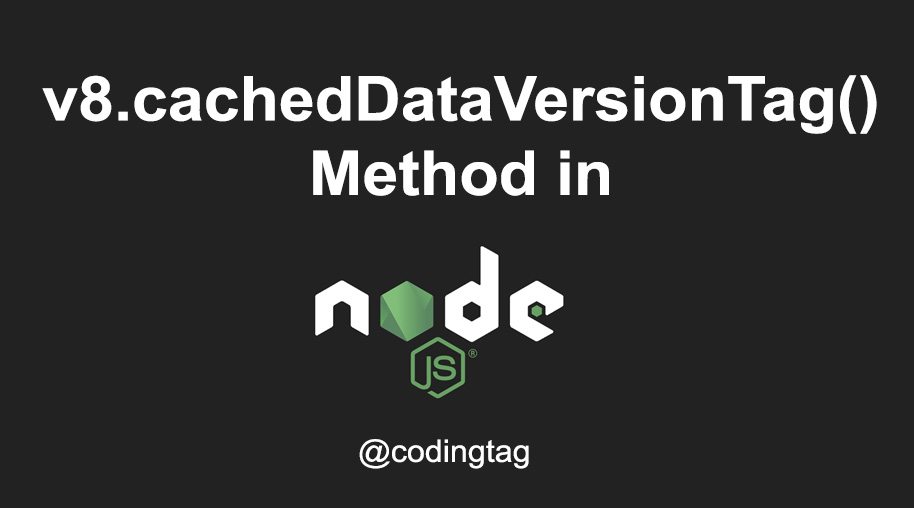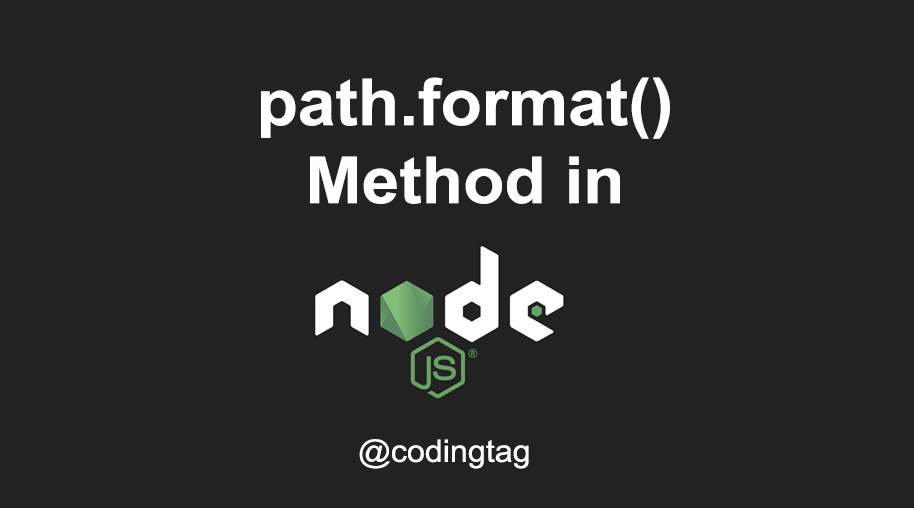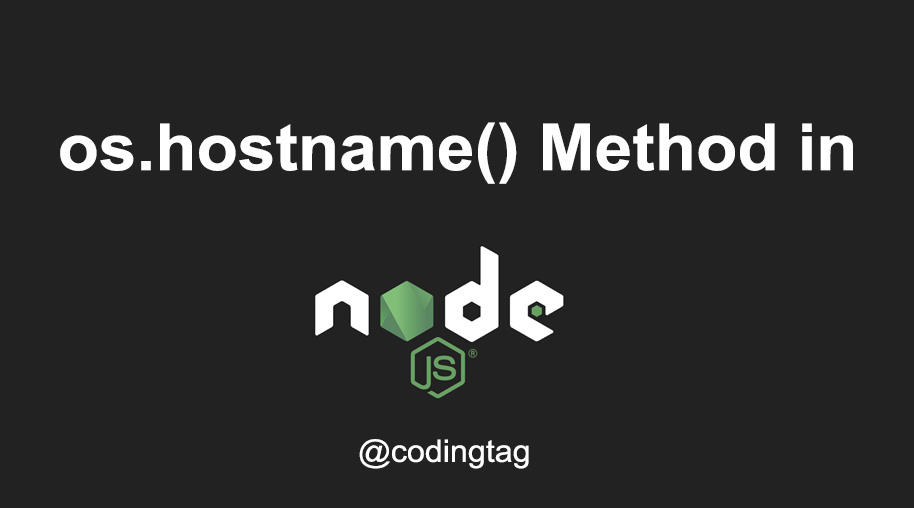process.argv0 Property in Node.js
0 734
When you run a Node.js script, you might wonder about the executable name that launched the process. The What is the
The Syntax of
The syntax to access How Does
When you execute a Node.js script, the command you use will determine the value of Example: Using
Let’s consider a practical example where you may want to check the executable used to launch your script. This can be helpful when you have multiple ways to run the application, and you need to customize behavior based on the environment:
Why Use
There are a few reasons why the
If you’re passionate about building a successful blogging website, check out this helpful guide at Coding Tag – How to Start a Successful Blog. It offers practical steps and expert tips to kickstart your blogging journey!
For dedicated UPSC exam preparation, we highly recommend visiting www.iasmania.com. It offers well-structured resources, current affairs, and subject-wise notes tailored specifically for aspirants. Start your journey today!
process.argv0 property in Node.js offers a simple yet useful way to access the original executable name used to start your Node.js process. This property helps you better understand the environment in which your application is running, especially when working with different ways of launching the application. Let’s dive deeper into what process.argv0 is and how to use it effectively in Node.js.
What is the process.argv0 Property?
The process.argv0 property in Node.js returns the name of the executable that started the Node.js process. This property can be especially useful in cases where you need to identify the exact command used to launch your application, such as when it's run with a custom executable name or via symlinks.
For example, when running a Node.js application using the node command, the process.argv0 will return node. However, if the application is run via a custom executable (e.g., a script wrapper), it will return that custom name instead.
Syntax of process.argv0
The syntax to access process.argv0 is straightforward:
process.argv0process module, which provides details about the environment and execution context of your Node.js application.
How Does process.argv0 Work?
When you execute a Node.js script, the command you use will determine the value of process.argv0. For example, if you run a script directly using the node command:
node app.jsprocess.argv0 would be:
nodenode executable is what launched the script. However, if you wrap your Node.js script in a custom executable, for instance:
/usr/local/bin/myapp app.jsprocess.argv0 would be:
myappExample: Using process.argv0 to Identify the Executable
Let’s consider a practical example where you may want to check the executable used to launch your script. This can be helpful when you have multiple ways to run the application, and you need to customize behavior based on the environment:
console.log('The script was launched with:', process.argv0);
node or something custom, like myapp.
Why Use process.argv0?
There are a few reasons why the process.argv0 property might be useful in your Node.js applications:
- Identifying the environment: It allows you to determine the exact command that initiated the Node.js process. This is particularly useful in custom environments or complex deployment setups.
- Customizing behavior: You can adjust your application's behavior depending on whether it's being executed with the standard
nodecommand or through a wrapper/executable. - Compatibility: If your Node.js application is packaged or wrapped in a custom executable,
process.argv0ensures that the correct executable name is accessible for debugging or logging.
Example Use Case: Packaging Node.js Applications
Consider a scenario where you’ve packaged your Node.js application into a standalone executable (e.g., using a tool likepkg). When you run your packaged application, the value of process.argv0 will be the name of your custom executable, not node.
// Check which executable started the process
if (process.argv0 === 'myapp') {
console.log('Running the packaged executable!');
} else {
console.log('Running with Node.js!');
}
Conclusion
Theprocess.argv0 property in Node.js is a simple but powerful tool for understanding and controlling the way your application is executed. It gives you the ability to determine the exact executable name used to start your process, allowing for customized behavior based on the environment. Whether you’re building custom scripts, packaging applications, or debugging, process.argv0 can be a valuable asset to your Node.js toolkit.
We hope this blog has clarified how to use the process.argv0 property and its potential use cases in your Node.js applications. Experiment with this property to enhance your application’s flexibility and responsiveness to different environments!If you’re passionate about building a successful blogging website, check out this helpful guide at Coding Tag – How to Start a Successful Blog. It offers practical steps and expert tips to kickstart your blogging journey!
For dedicated UPSC exam preparation, we highly recommend visiting www.iasmania.com. It offers well-structured resources, current affairs, and subject-wise notes tailored specifically for aspirants. Start your journey today!

Share:







Comments
Waiting for your comments